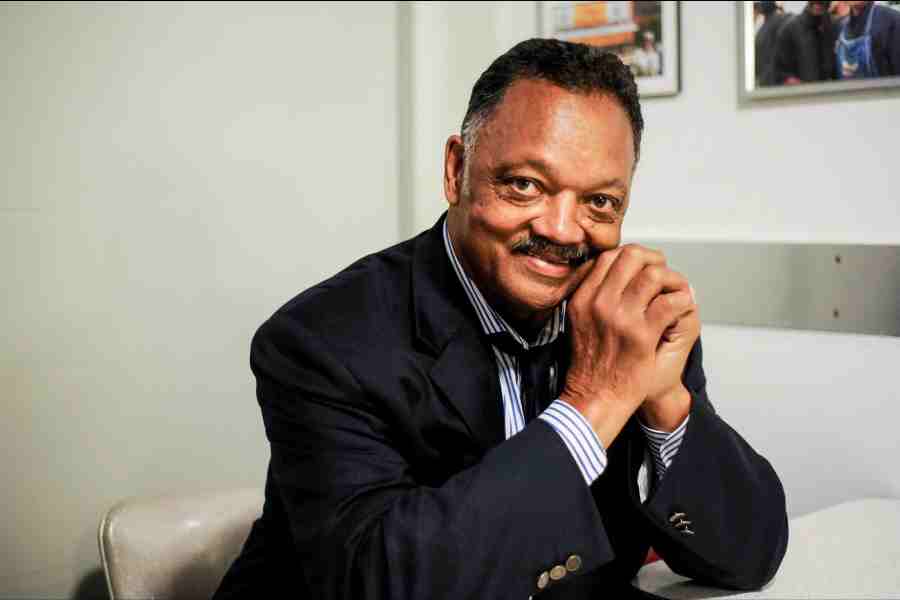.jpg) |
New Delhi, Kartik 30, 1934
November 21, 2012
The petition for clemency filed by condemned prisoner Mohammed Ajmal Mohammed Amir Kasab was rejected by the President on 5th November, 2012. The sentence was executed today at 7.30am at Yerwada Central Prison, Yerwada, Pune.
Press Information Bureau
Government of India
Nov. 21: Rarely has such a deadpan statement transformed India’s mood as today, lifting it from sullen disenchantment to amazement at the state’s willingness to execute a convict who had become the living symbol of the siege of one of its most beloved cities.
Ajmal Kasab, 25, the lone terrorist captured alive after the 2008 Mumbai attacks, was hanged in a shroud of secrecy this morning in the storied Yerwada jail of Pune, sparking celebrations days before the fourth anniversary of the bloody assault that traumatised the country and raised fears of copycat attacks on foreign cities.
After the hush-hush execution, the government made its understated announcement.
This was the first capital sentence carried out in India since murderer Dhananjoy Chatterjee was hanged at a Calcutta jail in August 2004. Celebrations were reported from Mumbai and elsewhere but Pakistani militant groups reacted angrily.
At many places, people set off fireworks and handed out sweets. Some held up photos of Kasab with a noose superimposed over his head. But for some others, it was an occasion for sombre reflection.
Attack survivor Vishnu Zende, who was working at the CST railway station where nearly 60 people were killed, said the execution had brought the memories back.
“When I heard the news of Kasab’s execution today, I remembered those horrifying moments of the attack,” Zende said. “My eyes filled with tears.”
The Congress reacted with sobriety and caution. Aware of the sensitivities involved, it tried to strip the execution of emotional or political content by projecting it as a purely judicial matter.
In Pakistan, a commander of the Lashkar-e-Toiba, blamed for the Mumbai attacks, labelled Kasab a hero and said he would inspire more attacks.
“There is no doubt that it’s very shocking news,” Pakistan Taliban spokesperson Ihsanullah Ihsan said.
Kasab was buried inside the prison where he was hanged, officials said.
Kasab was quiet and seemed nervous before the execution, a prison guard said. He prayed and asked if his family had been informed. They had been.
India said it would hand the body over to Pakistan if asked. Kasab’s aunt told Reuters from his home village of Faridkot she was proud of him and wanted his body back. Villagers threw stones and slapped around journalists who came to seek their reaction.
Kasab had been shifted from Mumbai’s Arthur Road jail to the Yerwada prison on Monday night.
“He did not step out of his cell on Tuesday morning or speak to anyone. He was served biryani for dinner as he had wished but did not eat much,” a police source said.
“At 3am, a maulvi came to help him with his last prayers but Kasab did not talk to him and quietly said his prayers after a bath. He was given new clothes.”
As the minutes passed, Kasab started getting nervous and fidgety. Around 6am, top police officers including the lady inspector-general of prisons, Meeran Borwankar, and jail superintendent Yogesh Desai arrived.
Kasab was taken for a medical check-up. The jail doctor issued a fitness certificate.
Kasab was taken to a special cell to be hanged. “Initially, his face showed no remorse — he kept looking around. But as he was being led to the gallows, an officer heard him say, ‘Allah kasam, aisi galti dobara nahi hogi (I swear to God I would not make such a mistake twice)’,” the officer said.
At 7.30am, the lever was pushed. Ten minutes later, doctors declared him dead. Borwankar called Maharashtra home minister R.R. Patil at 7.46am to inform him: “Operation X is over.”
Operation X, planned and executed in total secrecy over two months, was overseen by special IG Deven Bharati, who had fought Kasab’s co-attackers inside the Taj hotel.
The initial plan was to hang Kasab on November 15 but this was unsettled by Shiv Sena chief Bal Thackeray’s deteriorating health and death.
On November 19-20 night, Bharati ferried Kasab to Yerwada jail, 300km from Mumbai, in an armoured vehicle. Flying him would have compromised secrecy and security, a government source said.
The operation was unknown even to the 200 Indo Tibetan Border Police commandos guarding Kasab’s bullet and bomb-proof cell in Mumbai since his arrest in November 2008.
Apart from Bharati’s team of 16 handpicked men and Borwankar, the only others who knew that Kasab would hang this morning were state police chief Sanjeev Dayal, Mumbai police commissioner Satyapal Singh, some other Mumbai officers, the top brass of the state administration and the intelligence departments.
At Yerwada, nobody other than the jail superintendent, deputy jailer and the prison doctor knew that death-row convict number C-7096 was Ajmal Kasab. “No wireless messages were sent out. We only operated through mobiles,” said a police source.
Jail and government authorities had said this month that Kasab was down with dengue, following which doctors from Mumbai’s JJ Hospital visited him in jail. But some police sources claimed today that the move was a ploy to get a death-row convict medically examined in detail before his execution.
One of the last visitors to Kasab’s cell at Arthur Road jail was his alleged handler, Abu Jundal, who had been handed over to India by Saudi Arabia. After the police brought the duo face to face in August, Kasab identified Jundal as his handler and “the man who had trained the gunmen to speak Hindi”, an officer said.










